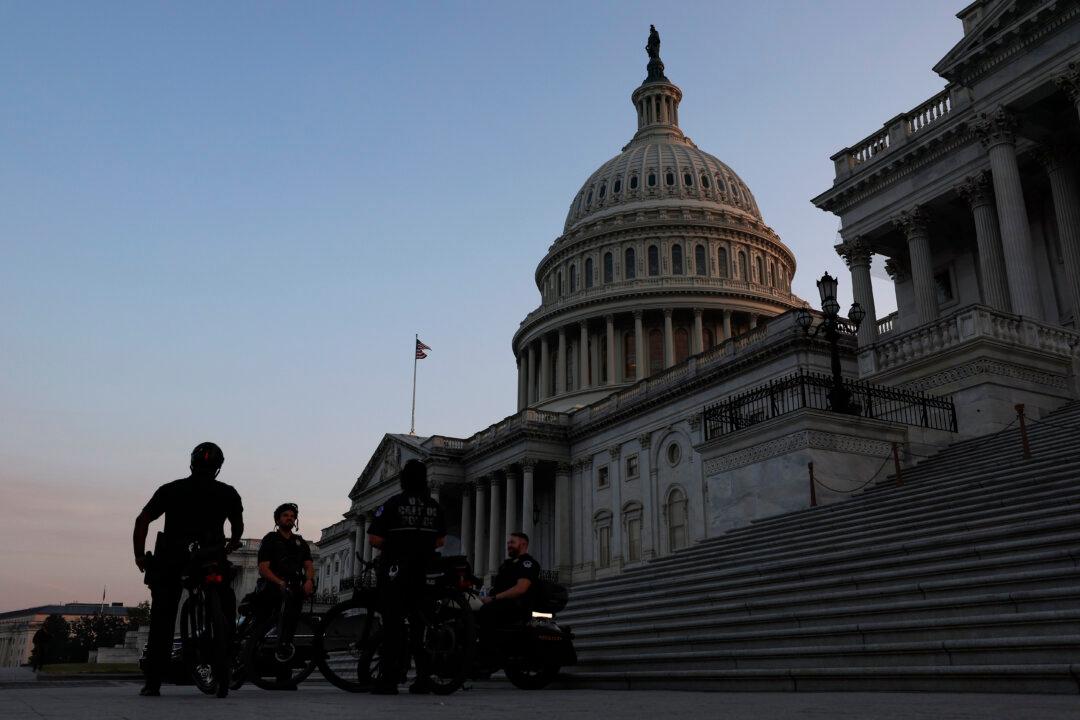The Senate voted on July 18 to begin consideration of the National Defense Authorization Act (NDAA) for the fiscal year 2024, bringing it one step closer to a final passage.
Senators voted 72 to 25 to invoke cloture on the motion to proceed to its version of the bill, which sets forth policies for Department of Defense (DOD) programs and activities, as well as military construction, and the Department of Energy’s (DOE) national security programs.




